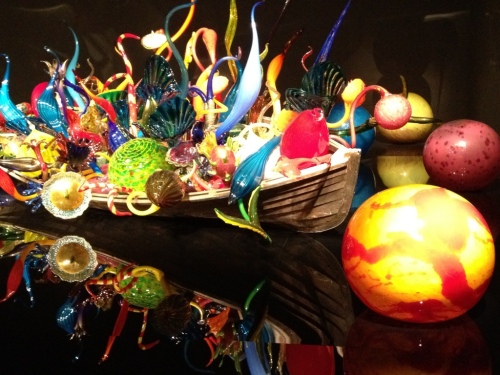Jeff Jarvis is Director Tow-Knight Center for Entrepreneurial Journalism, City University New York. He joined the conference via Skype
The internet as a tool for publicness, enabling us to be public, find people like us in the public, gather us as a public, act as the public. Technology is neither good nor bad. Govts can use tools against us.
Publicness and privacy – for individuals it’s about our choices. Companies must be more public. Govt must be public by default, private by necessity – today it’s the opposite.
The net is in danger. Efforts to regulate to control it. I would say it’s not broken, govts want to control it because they’re threatened and it’s disruptive to institutional. One regulation effort is to ensure privacy, considered threatened by the net.
First mention of privacy was 1890 when first portable camera became available. That frightened people. NYT wrote about dangerous ‘kodakers’ who took pictures in public. Teddy Roosevelt banned ‘kodaking’ in public parks in D.C. With the new media come efforts to control it.
Guttenberg’s printing press turned a virgin book into a common whore. Jonathan Swift.
Same today – net is disruptive, we’re resisting, trying to put off the change setting off a moral panic over privacy. There are concerns but if we prepare for the worst we’ll prevent the best.
We should try to stop government from restrictions. Govts are scared. Gallup recent survey on confidence in institutions. Most are at record lows, govt small business, media, news, health insurance.
We need a discussion of the benefits of publicness, not just the privacy concerns.
1. Internet and publicness allows us to improve relationships. We meet people we wouldn’t otherwise. I wrote about my prostate cancer. The internet is a platform for networks and relationships.
2. Enables wisdom of the crowd, i.e. wikipedia.
3. Creates the concept of the beta – starting something conceding it’s not perfect working together to make it better.
4. Allows us to collaborate
5. Disarms stigmas, i.e. gays.
6. Allows us to organize, i.e. #ows. Shirky – we can organize without organizations.
WHERE MEDIA FITS
The book didn’t come into place until 50 years after printing press. It was originally called automated writing, it imitated the scribes books, it took a long time for the book to take on its current form. The Guttenberg press changed the world fundamentally. The web is doing it too.
We still don’t know what the future is. Online, on tablets, books magazines look pretty much like analog.
We have to push forward. I.e. the standard form of the journalism – inverted pyramid, from most to least important. It’s gives form to the news. But that’s absurd, news isn’t a product – it changes. the background paragraph in the i.p. doesn’t do enough for people who don’t know and is not enough for those who do. It should be a hyperlink. We should have source material and data. If you tear apart the article into its component part and think of each as assets, you can create paths through those assets. People entering story with different levels of knowledge can be served by a new form for the news.
News relationship to the public – you can’t create community, you can create services for communities to relate better. Journalists fear of business ill-serves them today.
We need to believe we’re in 1472, rethink the form of news, relationship to public, and business models. Which is to say it’s too soon to regulate the net. We don’t know yet what the net is. Yes, it’s frightening and it can be used for bad. But we have to explore.
We should have not governing body for the internet. We need to think of it as a new layer. But here are my principles.
1. We have a right to connect. Cutting that is a violation of human rights.
2. We have a right to speak. First ammendment.
3. We have a right to assemble and act, form and act as publics.
4. Privacy is an ethic of knowing and treating that knowledge with care
5. Openess, how can we share to our mutual benefit, i.e. our health information could help discover how to cure disease.
6. Our institutions government should be open by fault, secret by necessary.
7. What’s public is a public good. If you keep people from taking pictures in public you restricting all rights.
8. Every bit is public, none can be restricted.
9. The net is open and distributed.
What about child porn? We already have rules controlling that. Canada Australia want to filter all content for child porn. If we develop that technology it could be used to restrict anything. Regulate the behavior, not technology.



